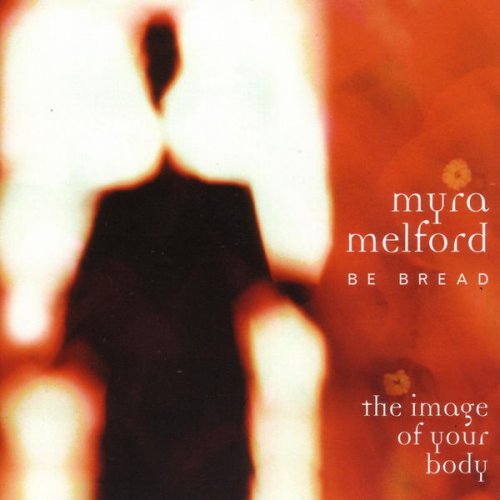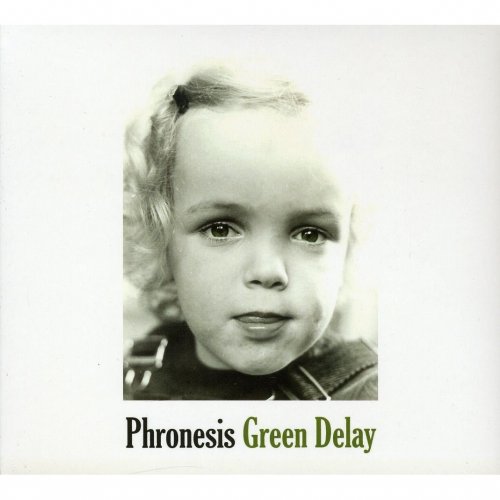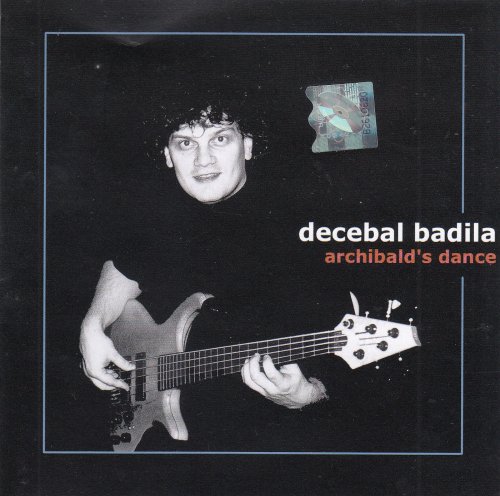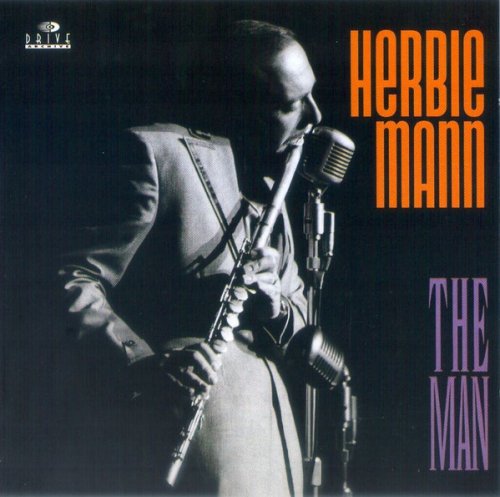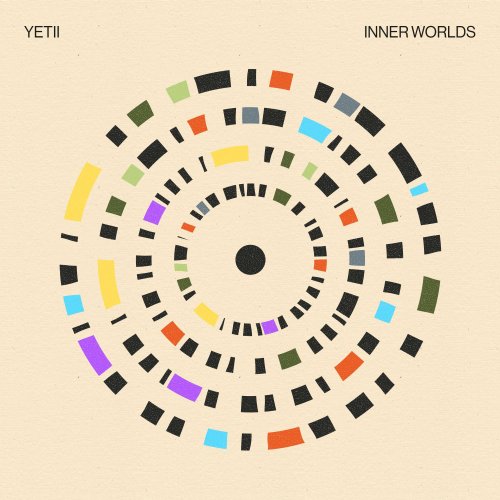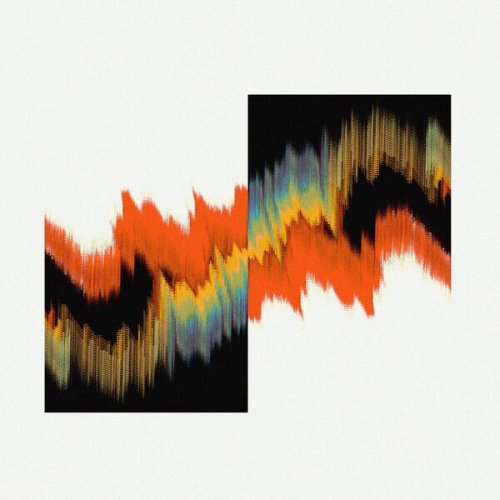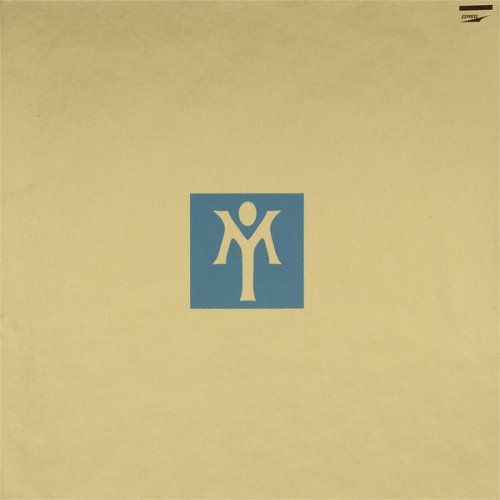Christian Gerhaher - Schoeck: Elegie, Op. 36 (2022) [Hi-Res]
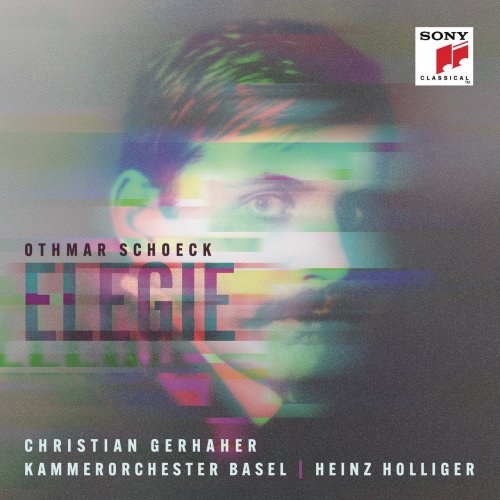
Artist: Christian Gerhaher
Title: Schoeck: Elegie, Op. 36
Year Of Release: 2022
Label: Sony Classical
Genre: Classical
Quality: FLAC (tracks) / 24bit-96kHz FLAC (tracks+booklet)
Total Time: 57:55
Total Size: 274 MB / 1.08 GB
WebSite: Album Preview
Tracklist:Title: Schoeck: Elegie, Op. 36
Year Of Release: 2022
Label: Sony Classical
Genre: Classical
Quality: FLAC (tracks) / 24bit-96kHz FLAC (tracks+booklet)
Total Time: 57:55
Total Size: 274 MB / 1.08 GB
WebSite: Album Preview
1. Elegie, Op. 36: 1. Wehmut (2:12)
2. Elegie, Op. 36: 2. Liebesfrühling (2:00)
3. Elegie, Op. 36: 3. Stille Sicherheit (1:36)
4. Elegie, Op. 36: 4. Frage nicht (1:42)
5. Elegie, Op. 36: 5. Warnung und Wunsch (1:55)
6. Elegie, Op. 36: 6. Zweifelnder Wunsch (2:08)
7. Elegie, Op. 36: 7. Waldlied (1:55)
8. Elegie, Op. 36: 8. Waldgang (2:28)
9. Elegie, Op. 36: 9. An den Wind (1:18)
10. Elegie, Op. 36: 10. Kommen und Scheiden (1:50)
11. Elegie, Op. 36: 11. Vesper (2:23)
12. Elegie, Op. 36: 12. Herbstklage (2:54)
13. Elegie, Op. 36: 13. Herbstgefühl (1:49)
14. Elegie, Op. 36: 14. Nachklang (1:58)
15. Elegie, Op. 36: 15. Herbstgefühl (3:07)
16. Elegie, Op. 36: 16. Das Mondlicht (3:05)
17. Elegie, Op. 36: 17. Vergangenheit (1:49)
18. Elegie, Op. 36: 18. Waldlied (1:25)
19. Elegie, Op. 36: 19. Herbstentschluss (4:46)
20. Elegie, Op. 36: 20. Verlorenes Glück (4:05)
21. Elegie, Op. 36: 21. Angedenken (1:58)
22. Elegie, Op. 36: 22. Welke Rose (1:53)
23. Elegie, Op. 36: 23. Dichterlos (2:05)
24. Elegie, Op. 36: 24. Der Einsame (5:25)
On his new album "Elegie," Sony Classical artist and outstanding lied singer Christian Gerhaher, together with the Basel Chamber Orchestra and conductor Heinz Holliger, devotes himself to the beguiling beauty and dark melancholy of the late romantic Swiss composer Othmar Schoeck. Schoeck's song cycle "Elegy" was compared to music "from another world" when it was first performed in 1923 and remains one of the unrecognized wonders of the song repertoire. The 24 songs, accompanied by an ensemble of 15 instrumentalists, tell a story of painful farewells, lost love and fading beauty.
Christian Gerhaher is in demand around the world for his distinctive baritone voice, which combines lightness and lyricism with an incomparable depth of meaning. In Schoeck's music, its sound comes into its own particularly well. Following in the footsteps of Dietrich Fischer-Dieskau, Gerhaher has already proven himself a renowned exponent of Schoeck's Notturno for baritone and string quartet. On this new recording of "Elegie," Gerhaher's characteristically haunting performance reveals the luminous beauty of these special and compelling songs, which set selected poems by Eichendorff and Lenau. The cycle presents a series of atmospheric portraits linked by a first-person narrative that glides back and forth between various emotional states, many of which are marked by a deep sense of loneliness.
Schoeck's somber, introspective score has caused a stir among musicologists and historians. Some speculate that "Elegy" was a reaction to the composer's intense but ultimately unhappy relationship with the pianist Mary de Senger and his coming to terms with her agonizing end ("Elegy" is dedicated to the pianist). Others have interpreted the work as Schoeck's departure from Romanticism as the musical avant-garde moved to a place he no longer understood. Schoeck's music was indeed responsive to contemporary trends. "Elegies" precise and luminous 15-piece ensemble looks in the direction of Schoenberg's "Pierrot Lunaire" and Stravinsky's "Histoire du Soldat."
Christian Gerhaher is in demand around the world for his distinctive baritone voice, which combines lightness and lyricism with an incomparable depth of meaning. In Schoeck's music, its sound comes into its own particularly well. Following in the footsteps of Dietrich Fischer-Dieskau, Gerhaher has already proven himself a renowned exponent of Schoeck's Notturno for baritone and string quartet. On this new recording of "Elegie," Gerhaher's characteristically haunting performance reveals the luminous beauty of these special and compelling songs, which set selected poems by Eichendorff and Lenau. The cycle presents a series of atmospheric portraits linked by a first-person narrative that glides back and forth between various emotional states, many of which are marked by a deep sense of loneliness.
Schoeck's somber, introspective score has caused a stir among musicologists and historians. Some speculate that "Elegy" was a reaction to the composer's intense but ultimately unhappy relationship with the pianist Mary de Senger and his coming to terms with her agonizing end ("Elegy" is dedicated to the pianist). Others have interpreted the work as Schoeck's departure from Romanticism as the musical avant-garde moved to a place he no longer understood. Schoeck's music was indeed responsive to contemporary trends. "Elegies" precise and luminous 15-piece ensemble looks in the direction of Schoenberg's "Pierrot Lunaire" and Stravinsky's "Histoire du Soldat."

